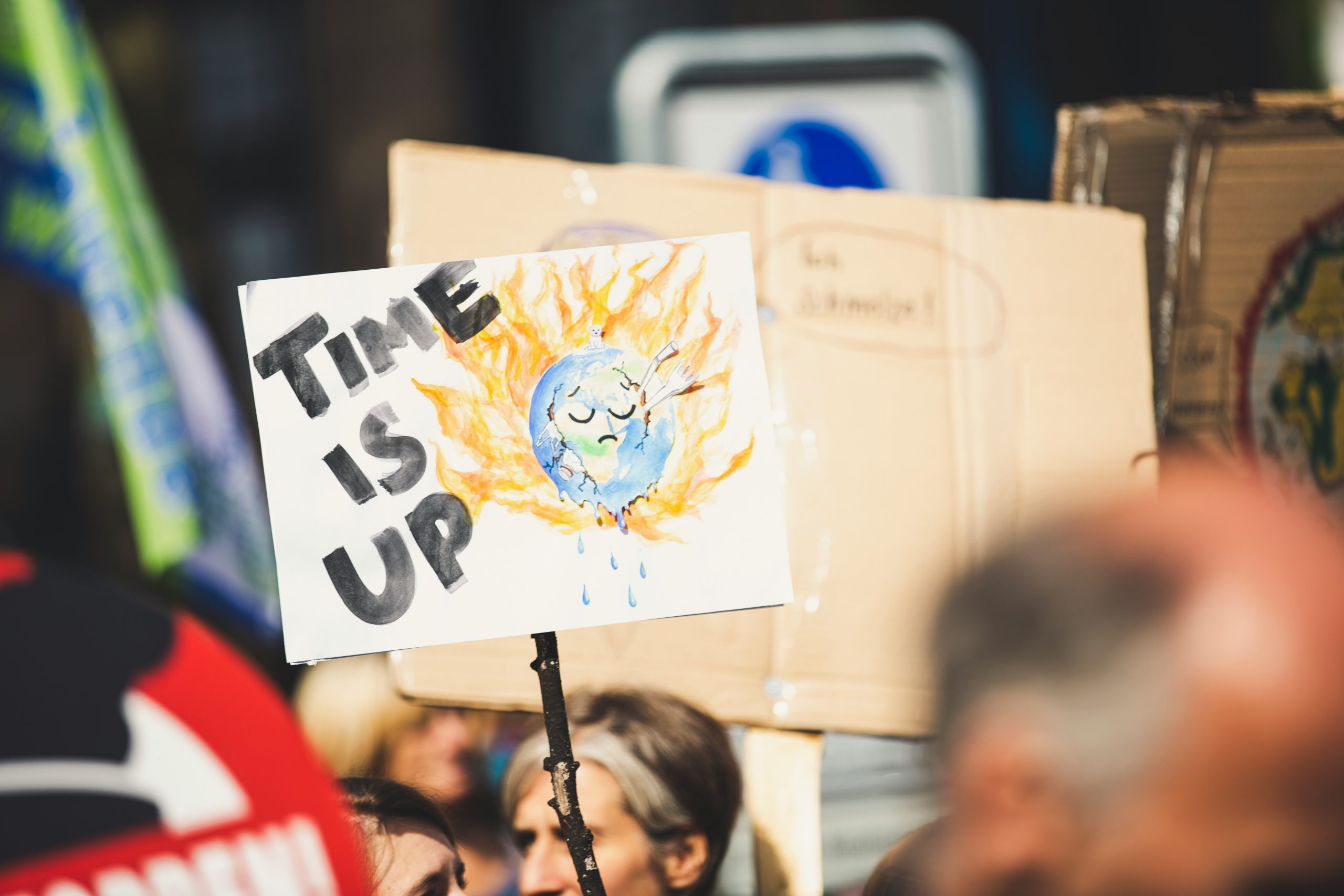Feron, UK ― Europe is unprepared for the rapidly growing climate crisis it faces, according to the latest European Climate Risk Assessment report.
The report, published last week by the European Environment Agency (EEA), also confirms that Europe is the fastest-warming continent in the world with extreme heat becoming more frequent.
According to the report, the current policies set in Europe are not adequate to mitigate the crisis and urgent action is needed.
Even under optimistic global warming scenarios, Europe will be subjected to extreme heat, droughts, wildfires, and flooding. These repercussions of global warming will only worsen in the years to come.
The report also identified 36 major climate risks for Europe within five broad clusters including food, health, ecosystems, economy & finance, and infrastructure.
The risks from heat and drought are already impacting the production of food with critical action needed. The rising heat levels are the most urgent risk driver for human health while almost all risks posed to ecosystems require urgent actions.
Meanwhile, more extreme weather events including rising sea levels and droughts are taking a toll on Europe’s infrastructure. These adverse weather events have also increased insurance premiums and government expenditures, adding to the economic and financial worries of Europeans.
Commenting on the report EEA Executive Director Leena Ylä-Mononen said: “Our new analysis shows that Europe faces urgent climate risks that are growing faster than our societal preparedness.
“To ensure the resilience of our societies, European and national policymakers must act now to reduce climate risks both by rapid emission cuts and by strong adaptation policies and actions.
The news that follows is one of the gravest issues that should make multiple-faceted headlines from grassroots newspapers to mainstream broadcasters. The people need to know the severity of the crisis. More inter-governmental partnerships are needed, setting aside their differences and making way for at least some fundamental policies to avert the danger.
On a more charismatic level, governments should also entertain the possibility of working hand in hand with climate change movements like Greenpeace, Fridays for Future, Extinction Rebellion etc. These movements present many treasure coves of vital information and policies coupled with the ability to drive the policies home to the general public.
If urgent changes are not made, there is a high likelihood of the world breaching the safest achievable goal for temperature change of 1.5 degrees Celsius, set during the Paris climate summit in 2015 by scientists and world leaders.















